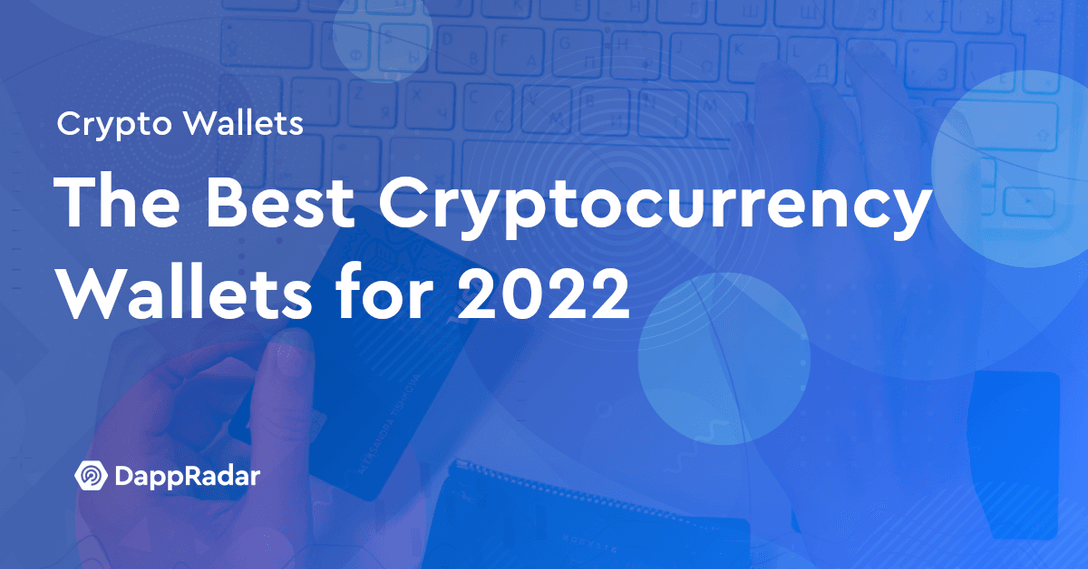Litecoin LTC: Litecoin - A decentralized digital currency that is based on the Bitcoin protocol, but with some key differences like the faster time to generate blocks and a different algorithm for hashing.
Monero (XMR), a privacy-focused cryptocurrency, uses various features like stealth addresses, ring signatures, and other security features that increase the security and privacy of transactions.
TRON (TRX): TRON is an open source blockchain platform and cryptocurrency that is designed to enable the creation and use of decentralized apps (DApps) as well as content sharing. TRON intends to build an international digital content network with blockchain and peer-to-peer (P2P), social networking technology. Follow the top trusteeglobal.eu/usdt-wallet/ for website recommendations.

Differences:
Bitcoin is mostly digital currency that is decentralized, and Ethereum is a platform that is decentralized that enables the creation of custom tokens as well as smart contracts.Litecoin is similar to Bitcoin but with quicker block generation times and a unique hashing algorithm.
Monero concentrates on privacy and security and privacy, while TRON is aiming to build an international digital entertainment system.
TRON uses a Delegated Proof of Stake, while other cryptocurrencies use a Proof of Work and Proof of Stake mechanisms.
10 Things I Need To Know About A Usdt The Wallet
The purpose of the USDT wallet: The wallet stores, sends and also receives Tether (USDT) which is an unsteady cryptocurrency pegged at the US dollar.
Security: Keep your USDT safe in your wallet. It is also possible to consider two-factor authentication. Secure your private keys and secure.
Public and Private keys: USDT wallets can be accessed with both private and public keys, as with other cryptocurrency. The public key allows you to receive USDT. The private key gives you access to and to send USDT.
USDT Received: Share your private keys with the sender in order to receive USDT
Send USDT: Enter the recipient's Public Key as well as the amount you wish to send.
Transactions: Transactions made with USDT wallets will be registered on the blockchain.
Pegged value USDT = USDT is fixed at the US dollars value. This means USDT's price is stable in relation to the dollar.
Conversion: USDT can convert to other cryptocurrencies, or fiat currencies through exchanges.
Integration: USDT wallets have the ability to be integrated with other exchanges and financial services. This makes it possible to transfer funds. View the top trusteeglobal.eu/usdt-wallet/ for website recommendations.

10 Things You Need To Be Aware Of About An Etherium Card A Wallet
Its purpose: An Ethereum-based wallet can be utilized to store, transmit and receive Ether (ETH) Ether (ETH) is an ethereal cryptocurrency that is part of the Ethereum network. There are a variety of Ethereum wallets to choose from, such as physical wallets as well as paper ones.
Important features: Search for an Ethereum wallet that comes with important features like security (e.g. Key features: Look for an Ethereum wallet with essential features like encryption, backup and recovery options and easy-to-use.
Safety: Keep your ETH secure in a wallet. You should consider enabling two-factor authentication. Your private key must be safe and protected.
Private and public keys: An Ethereum wallet is equipped with an open key that can be used to transfer ETH as well as a private key which is utilized to access and transfer ETH.
Receiving ETH Sharing your private secret key with the sender to receive Ethereum.
Sending Ethereum: To send Ethereum, you must input the recipient's private key and the amount you want to transfer.
Transactions: Transactions that are made with an Ethereum wallet are registered on the Ethereum blockchain, which is a public ledger that records every ETH transactions.
Gas fees: Ethereum transactions require gas and a fee in ETH for processing by the network. Consider the gas costs when you make transactions.
Contract support: A lot of Ethereum wallets allow the creation and management smart contracts. Self-executing contracts can be written directly into the code. Check out the recommended usdt erc-20 wallet for blog examples.

10 Things You Need To Know About The Monerowallet And The Xmrwallet App
Purpose: A Monero (XMR) wallet is a software application used to store, send, and receive Monero, a privacy-focused cryptocurrency.Types: There are different types of Monero wallets, including software wallets, hardware wallets, and paper wallets.
Key features: Select the Monero wallet that has essential features, such as security (e.g. Backup and recovery that is secure, as well as user-friendliness are a few of the key features that the Monero wallet has to offer.
Security: Ensure that your XMR is safe and secure. Be sure that your private key is safe and safe.
Keys for public and private The Monero wallet has a public address for receiving XMR and an individual key for viewing the transactions that are in progress and a private spend key to access and sending XMR.
Receive XMR: Share your public address with the sender to be able to receive XMR.
Sending XMR : Enter the address of the public recipient as well as the amount you want to transfer.
Transactions: Transactions with the Monero wallet can be stored on the Monero Blockchain, a publicly accessible ledger that records all XMR transactions.
Privacy: Monero can hide the source, value, and destination transaction through stealth address and Ring signatures.
Scalability: Monero is designed to be scalable, which allows for an increase in transaction volume as demand increases. Read the most popular usdt wallet for site examples.

How Are A Usdt Erc-20 And Tether Erc-20 Wallets Different?
USDT (Tether) USDT (Tether) is a stablecoin that is a pegged currency to US dollars. This means its value will remain steady with respect to the US dollar. USDT can be used across a variety of blockchain networks, including Omni (a bitcoin-based network) and Ethereum (ERC-20). A USDT ERC-20 wallet stores USDT tokens that were built using the Ethereum blockchain in accordance with the ERC-20 standard. Tether ERC-20 wallets are similar. They are able to hold Tether (USDT) tokens created on Ethereum using the ERC-20 standard.
They differ in the fact that the stablecoin is known with a different name, namely USDT ERC-20, or Tether ERC-20. They all refer to the same underlying asset that is a stablecoin tied to the US dollar that exists on the Ethereum blockchain using the ERC-20 standard.